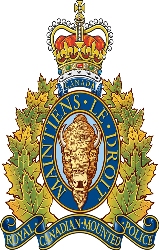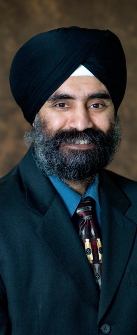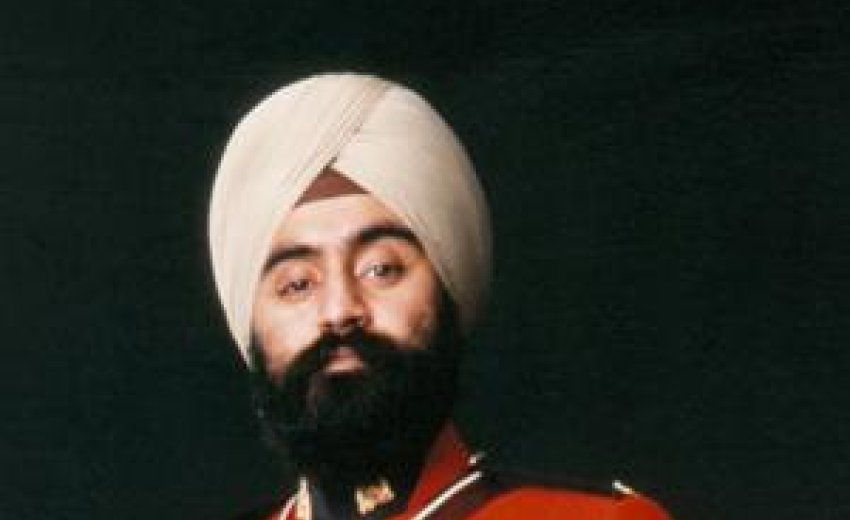 |
Baltej Singh Dhillon changed the face of Canada's iconic Royal Canadian Mounted Police ("RCMP") forever when he became its first-ever turbaned Mountie in 1990.
His turban led to countrywide protests and petitions against changes in the RCMP dress code, but the then Solicitor-General of Canada, Pierre Cadieux, went out of his way to accommodate the young Sikh.
"Canada has come a long way since then, but it has a long way to go yet,'' says Sergeant Dhillon who currently heads the RCMP's British Columbia's Intelligence Centre in Vancouver.
In Toronto to emcee the annual Centennial Foundation Vaisakhi Gala on Saturday, April 17, 2010, Sergeant Baltej Singh says that he sees the Canada of the future as a mixture of cultures, not a homogeneous assimilation of them.
 |
Q: How has Canada changed since 1990 when you created history by becoming the first-ever turbaned Mountie?
A: We live in a much better Canada today. We have made big strides in acknowledging our differences and accommodating everyone. It is no more the Canada we came from.
The Canada of our past didn't celebrate differences ... it didn't recognize the contribution of the Chinese who built the railway network, it didn't allow the Sikh Komagata Maru passengers to enter the country, it didn't allow the right of vote to immigrants. Today, it is a very different Canada.
The very fact that I will host an event Saturday where Sikhs and non-Sikhs will break bread with one another says a lot about our country. We have come a long way. But I would caution that we have a long, long way to go yet.
Q: How about the RCMP? How has it changed since then?
It too has changed drastically. Today, its ranks are reflective of the communities it serves. But again, we still have a long way to go.
Q: Since your fight was for the right to wear your Sikh articles of faith, what do you think about the use of kirpan in a recent attack outside a Brampton gurdwara? Isn't it the misuse of religious symbols by Sikhs?
A: As a country, we need to be mature to understand the difference between the right of a group of people to practise their religion and a criminal. The two are not the same thing. Anyone using any type of weapon to commit any crime should be punished to the fullest extent of the law.
 |
However, an act of crime by someone should not be confused with the desire of a group to practise their religion. It will be very dangerous for us, as a nation, if we cannot understand that difference.
Q: Speaking about the right to practise one's religion, what do you think about the controversy generated by a Muslim woman's insistence to wear the niqab in Quebec?
A: We have got to be open to dialogue. If people are willing to listen to the other side, this country can tackle any controversy. In our society, everything is based on the foundations of mutual respect and willingness to listen to others. Multiculturalism is built into our Constitution, so we cannot get any better than that.
Q: According to you, what kind a country Canada will be in the next 20 years?
A: In the next 20 years, all of us will become the same (he laughs). Our children don't see the differences that we saw. As time goes by, Canada will become a potpourri, rather than a melting pot, because of our great multiculturalism.
[Gurmukh Singh is the Canada correspondent for the Indo-Asian News Service.]
[Edited version of the original which first appeared in The Globe & Mail]
